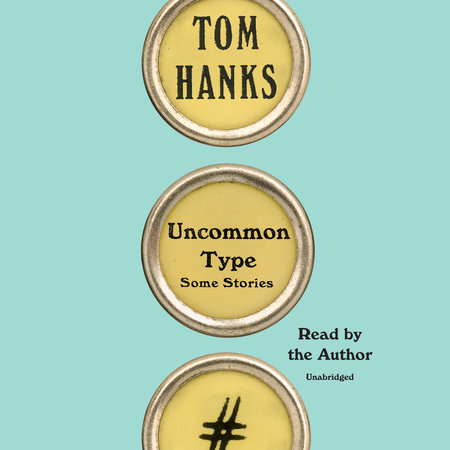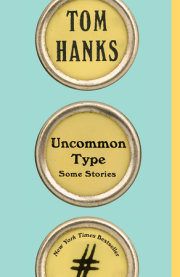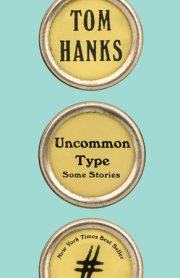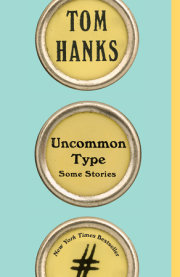A Month on Greene Street The first of August is usually only so notable—the start of the eighth month in the middle of summer on what might or might not be the hottest day
ever. But this year,
yowza, a lot was going on that day.
Little Sharri Monk was sure to lose another tooth, a partial lunar eclipse was due around 9:15 p.m., and Bette Monk (mother of Sharri; her older sister, Dale; and her younger brother, Eddie) was moving them all into a three-bedroom house on Greene Street. The home so picturesque she knew she would live there the moment she saw the real estate listing. Bette had a vision—
pop—of herself and the kids in the kitchen for a busy breakfast. She was manning the stove-top griddle, turning pancakes, the kids in school clothes finishing their homework and fighting over the last of the orange juice
. Her mental image was so focused, so particular, there was no question the house on Greene Street—oh, that massive sycamore tree in the front yard—would be hers. Theirs.
Bette had visions—was there any other way to put it? Not every day and never with any spiritual glow, but she would sense a flash, she’d see a
pop, like a photo of a vacation taken long ago that held complete memories of all that happened before and all that came after. When her husband, Bob Monk, had come home from work one day—
pop—Bette saw a full-color snapshot of him holding hands with Lorraine Conner-Smythe in the restaurant attached to the Mission Bell Marriott Hotel. Lorraine did consulting work with Bob’s company, so the two of them had many chances to sniff each other out. In that nanosecond Bette knew her marriage with Bob had gone from just fine to over.
Pop.
If Bette were to count all the times she had such visions—from when she was a little girl—and how those visions came to pass, she could have regaled a dinner party for a full evening with examples: the scholarship she would win four years after learning of its existence, the dorm room she would have in Iowa City, the man she would sleep with for the first time (not Bob Monk), the wedding dress she would wear at the altar (opposite Bob Monk), the view of the Chicago River she would enjoy once the job interview with the
Sun-Times went her way, the phone call she saw coming the night her parents were hit by a drunk driver. She knew the sexes of her children the moment she saw the test results over the sink in her bathroom. The list went on and on and on. Not that she made a big deal out of any of the visions, claiming no special clairvoyance or an all-seeing mentalism. Bette thought most people had the same kind of visions, they just didn’t realize it. And not all of her visions came to pass. She once saw herself being a contestant on
Jeopardy! but that never happened. Still, her accuracy ratio was awfully impressive.
Bob wanted to marry Lorraine as soon as their affair was discovered, so he paid for the privilege, assuring Bette’s financial security until the kids were off to college and the child support ceased. Buying the house on Greene Street required hoop jumping with the bank, glowing inspections, and a six-month escrow, but the deed was signed. The lawn, that sycamore, the front porch, all those bedrooms, and the minioffice attached to the garage made for a Promised Land, especially after the narrow, split-level condo in which she had first parked her money and where the four of them lived like kittens in a box, all on top of each other. Now they had a backyard, so deep and wide! With a pomegranate tree! Bette saw her kids—
pop—in T-shirts covered in purple dribble spots come October!
Greene Street was isolated, with almost no traffic except the residents, making it safe for street play. On August 1 the kids begged the movers to unload their bikes and Eddie’s Big Wheel before anything else so they could cruise their new turf. The moving crew was a bunch of young Mexican guys who had kids of their own, so they were happy to oblige and to watch the children play, carefree, as they unpacked and carried a household’s worth of stuff.
Bette spent the morning testing her high school Spanish, sending boxes to the right rooms, and having furniture placed according to her intuition—the sofa facing the window, bookshelves bordering the fireplace. Around 11:00 a.m., Dale came running in with a pair of chubby boys, maybe ten years old, probably twins, both with the same bashful look and matching dimples. “Mom! This is Keyshawn and Trennelle. They live four houses over.” “Keyshawn. Trennelle,” Bette said. “Howdy do?” “They said I could have lunch with them.” Bette eyed the boys. “Is that true?” “Yes, ma’am,” said either Keyshawn or Trennelle. “Did you just call me
ma’am?” “Yes, ma’am.” “You, Keyshawn, have good manners. Or are you Tren-nelle?” The boys pointed to themselves, saying their names. Since they dressed differently, not like twins in some movie, Bette would always know who was who. Plus, Keyshawn had his hair in perfectly tied cornrows while Trennelle’s head was shaved nearly clean. “What’s on the menu?” Bette asked. “Today we have franks and beans, ma’am.” “Who is making this lunch, exactly?” “Our Gramma Alice,” Trennelle told her. “Our mother works at AmCoFederal Bank. Our father works for Coca- Cola, but we’re not allowed to drink Coca- Cola. Only on Sun-day. Our Gramma Diane lives in Memphis. We don’t have granddads. Our mother will come to your house when she comes home and will bring you flowers from our garden to say ‘welcome wagon.’ Our father will come by, too, with some Coca- Cola, if it’s allowed, or Fanta, if you prefer. We didn’t ask Gramma Alice if there is going to be enough food for Eddie and Sharri, so they can’t come.”
“Mom! Yes? No?” Dale was just about to burst.
“Have something green with the franks and beans and I’m thinking yes.”
“Would apples be good with you, ma’am? For something green? We have green apples.”
“Apples would do the trick, Trennelle.”
The three kids lit out of the house, off the porch, down the steps, under the low-hanging limbs of the sycamore, and across the lawn. Bette followed just far enough to watch them rush through a front door four houses away. Then she hollered for Eddie and Sharri to park their bikes on the front lawn and come in for the sandwiches she would make as soon as she found the fixings.
Copyright © 2017 by Tom Hanks. All rights reserved. No part of this excerpt may be reproduced or reprinted without permission in writing from the publisher.








